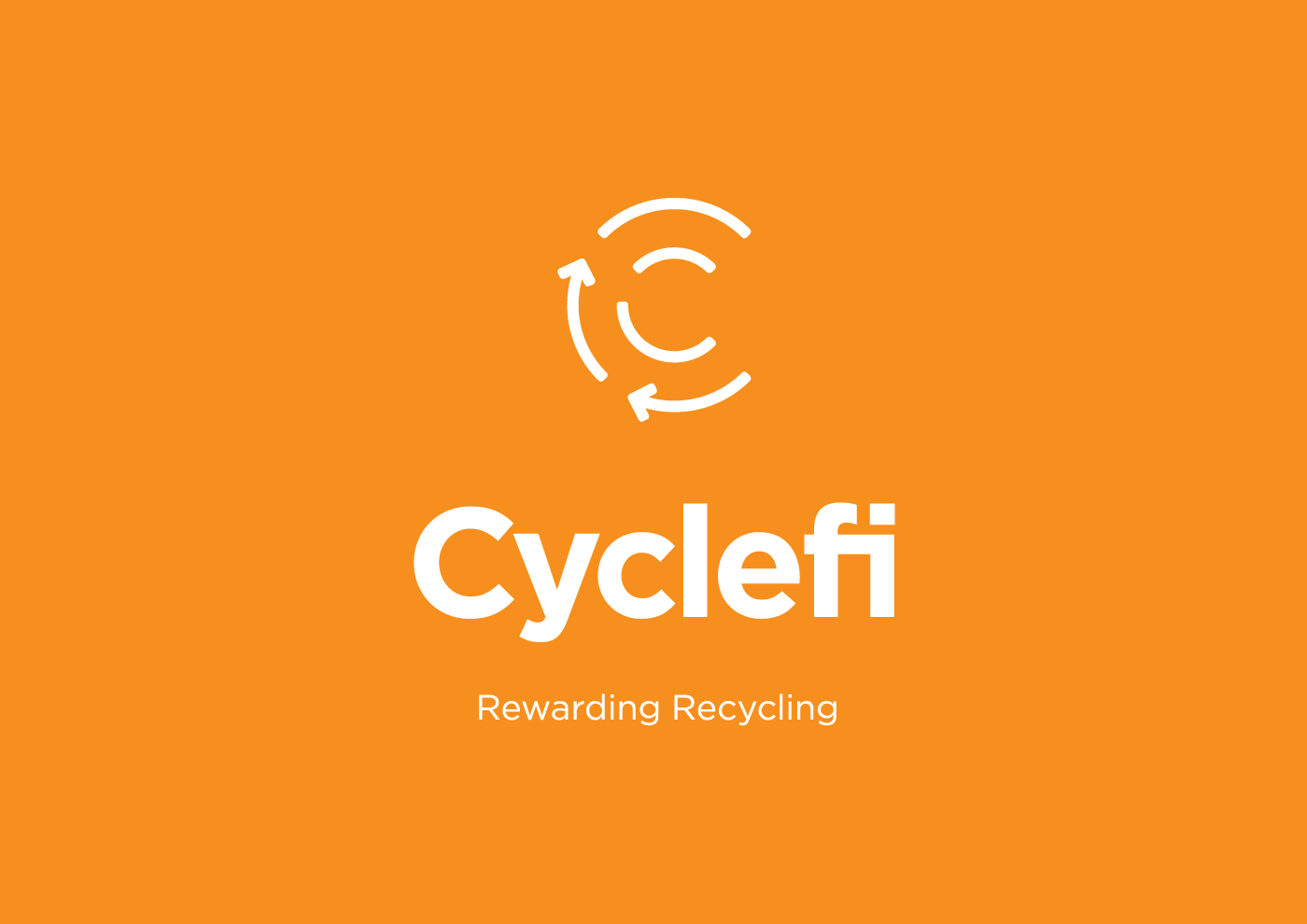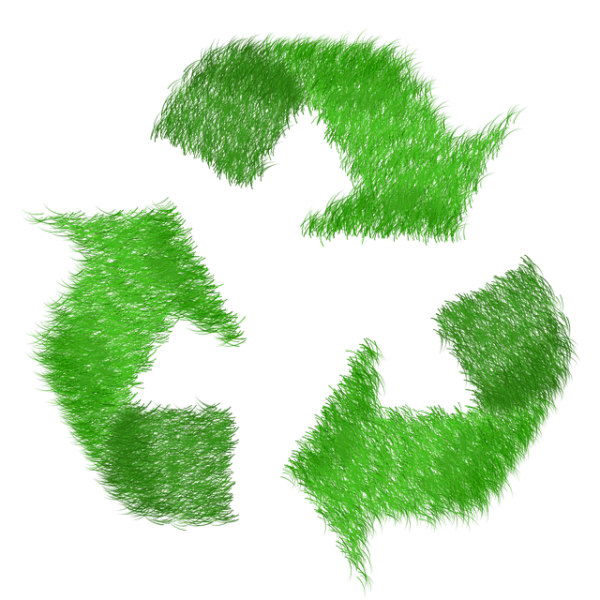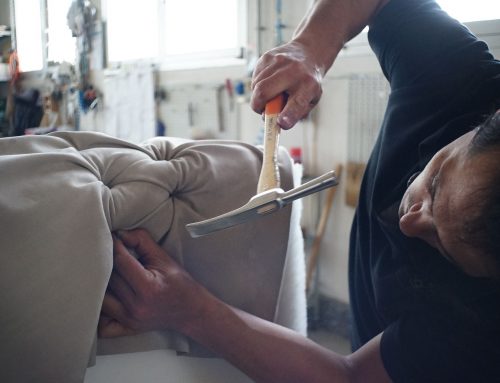Have you ever found yourself wondering why recycling? We were chatting with a friend recently and he actually mentioned he didn’t see the point. To play the devil’s advocate here, it’s true that the European households account for only 8,3% of the waste generation in Europe. On the other hand, this is quite substantial when we check the absolute numbers and realize that this translates to approximately 480kg per person per year. So what? Our friend above would keep on saying. A team of three professionals decided not to argue about the scientific, social and macroeconomic reasons. They came up with a business idea that focuses on the individual and offers them perks for recycling, so they wouldn’t have to doubt the benefit of it again.
Meet Cyclefi: an award winning business idea that was implemented in 3 pilot municipalities* of Attica in Greece and is now heading to wider deployment. Cyclefi aims to promote recycling and, in general, to foster the adoption of those habits which contribute to the protection of the environment and to the higher quality of living in an urban environment. It connects the good environmental behavior with the direct reward of the individuals who are adopting such behavior.
Individual’s gain: Cyclefi resembles a loyalty program. People who are buying its products, use the codes found in each package and link them to their digital profile. Cyclefi traces the amount (kilos) of waste being recycled by an individual or a household and translate it to points which can be redeemed in selected partners’ services and products. Every time someone recycles, they win discounts. The more they recycle, the better!
 1 The user buys the Cyclefi pack of orange bags which also includes 5 labels with 5 unique QR codes.
2 The user signs up in the Digital platform of Cyclefi and inserts his/her personal identification data as well as the unique QR codes related to the labels in the pack (s)he bought.
3 (S)he now has to fill in the bags with recyclable material and throw them to the nearest recycling bin as soon as they are full.
4 The municipality makes sure the recycling bin content is transferred to the local recycling facilities.
5 Cyclefi team identifies the orange bags, collects the labels attached to them and scans the QR codes.
6 Depending on the amount of the material the user has recycled, Cyclefi gives the user points. The user can later redeem the points (s)he has collected at the products ans services of the company’s partners.
1 The user buys the Cyclefi pack of orange bags which also includes 5 labels with 5 unique QR codes.
2 The user signs up in the Digital platform of Cyclefi and inserts his/her personal identification data as well as the unique QR codes related to the labels in the pack (s)he bought.
3 (S)he now has to fill in the bags with recyclable material and throw them to the nearest recycling bin as soon as they are full.
4 The municipality makes sure the recycling bin content is transferred to the local recycling facilities.
5 Cyclefi team identifies the orange bags, collects the labels attached to them and scans the QR codes.
6 Depending on the amount of the material the user has recycled, Cyclefi gives the user points. The user can later redeem the points (s)he has collected at the products ans services of the company’s partners.Who wins?
- The user, because of the discount offers connected to the collected points
- The municipality, because of the less trash production and the higher recycling rates
- The recycling facilities, because of the better quality of recycling material they receive
- The partners, because of the connection of their name with Corporate Social Responsibility and the new customers they get
- The environment: less wasted resources, less waste of energy. Find out more about this winner by hovering your mouse over the General Impact box
General Impact
**https://tinyurl.com/yc2x5vn6
Was anything like this the first thing that came to your mind after listening to the words “sustainability” and “recycling”? One can fight for the environment without being necessarily an activist. One can just be an entrepreneur! So… ever thought of which way could motivate people to recycle more in your region / area? Here’s one! You can use it in your region as well!
*Municipalities of Alimos, Glyfada and Voula-Vouliagmeni-Vari



![Building trust: why consumers should shift towards environmentally friendly corporations [7min. reading time]](https://www.habits.ninja/wp-content/uploads/environmental-awareness-679668_640-500x383.jpg)



![Switch on your energy-saving mode, switch to the brighter world of LED [2min. reading time]](https://www.habits.ninja/wp-content/uploads/ImmagineLED-500x383.png)








